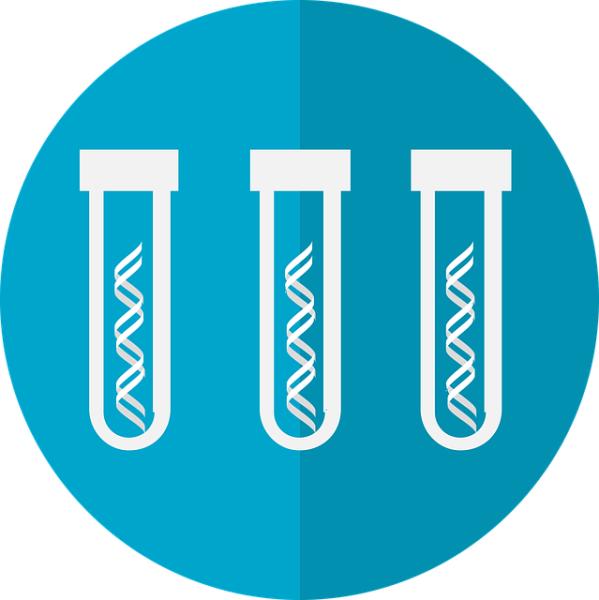Let's take a minute to talk about race. With the completion of the Human Genome Project, we have learned human genetic profiles vary from one another by 0.1%. And while those differences, allow scientists to track migratory patterns and sell DNA ancestry, it is tough to claim that "race" is solely a genetic issue. Race can also be a social construct, which for those of us not in the social sciences, means that race is cultural – where you were raised, what you ate, all the cultural variations from family to tribe to nation.
This new paper uses a randomized, controlled trial to determine whether the information you learn from those DNA kits alters your view of race. Does it make you more or less a believer in a "genetic" construct of race – which they termed racial essentialism, or do the test results make you feel race is more cultural - cultural essentialism. Their secondary outcomes were to see whether participant's views were shaped by our genetic literacy, and by whether the findings confirmed their ancestry or were a surprise.
802 "native-born White Americans" willing to undergo genetic testing participated in the study; half receiving commercially available genetic ancestry testing (GAT), the other half acting as a control and not being tested. Understanding the results of genetic testing is not a trivial matter, and all the direct to consumer companies take pains to try and provide useful information. Explaining the results is made much easier when the consumer is scientifically literate. 60% of the participants had a college degree or better, 28% some college, the remainder a high school diploma or less. 66% were women, roughly half over age 55, 10% 19 to 34, with the rest in between.
Participants completed an online pre-test survey; then, the treatment arm spits in a tube to get their GATs. Subsequently receiving their results and been afforded at least 30 minutes to review them, the participants took a post-test. The post-test was repeated in eight months to search for long-lasting impacts. Participant's genetic literacy was based on three questions [1], and their view of race as being genetic was "quantified" using nine survey questions along a 4-point agree-disagree scale.
- Receiving the results of ancestry testing did not alter, on average, participants' beliefs about a genetic basis to race, genetic essentialism.
- When the participants were stratified by their genetic knowledge, and given their test results, opinions changed. Those with greater genetic literacy decreased belief in racial essentialism, while those with low genetic literacy increased their views.
- Interestingly, in the control group, those with low genetic literacy also showed an increased belief in racial essentialism, which the researchers thought might reflect the political climate accompanying the 2016 elections when this study was being performed.
- The reductions in racial essentialism associated with greater genetic literacy were robust when researchers varied their underlying assumptions. This did not hold true for the increase in racial essentialism associated with low knowledge but seemed to be valid for a subgroup with no genetic literacy.
"I need narrative results, not just a chart with numbers. I consider myself pretty intelligent but honestly the numbers and results made very little sense to me."
The researchers go on to posit several explanations for their findings, reasons that can be debated. But one conclusion is clear. What you take-away from your GAT results depends a great deal on what you already understand about genetics.
"While many DTC testing companies provide technical scientific descriptions of the tests on their websites, they rarely provide a clear explanation about the relationship between genes and race or offer assistance on interpretation. As a result, many test-takers have trouble comprehending their results or translating the technical, scientific information into meaningful information for their genealogy and identity."
My fear, as a physician, is this may become an even bigger problem as these companies begin to report on genetic analysis for various health conditions, and result in a cascade of unnecessary worry, testing, and expense.
[1] 1) "Based on what you know, would you say that DNA can be found in every cell in the human body or only in specific organs and cells in the human body?" 92% of individuals got this correct. And 2) "Based on what you know, would you say that more than half, about half, or less than half of a human being's genes are identical to those of a mouse?" 33% got this correct. Various statistical manipulations yield 4 categories of genetic knowledge from none to high, which the study treated as two categories, low and high.
Source: Do genetic ancestry tests increase racial essentialism? Findings from a randomized controlled trial PLOS One DOI: 10.1371/journal.pone.0227399




